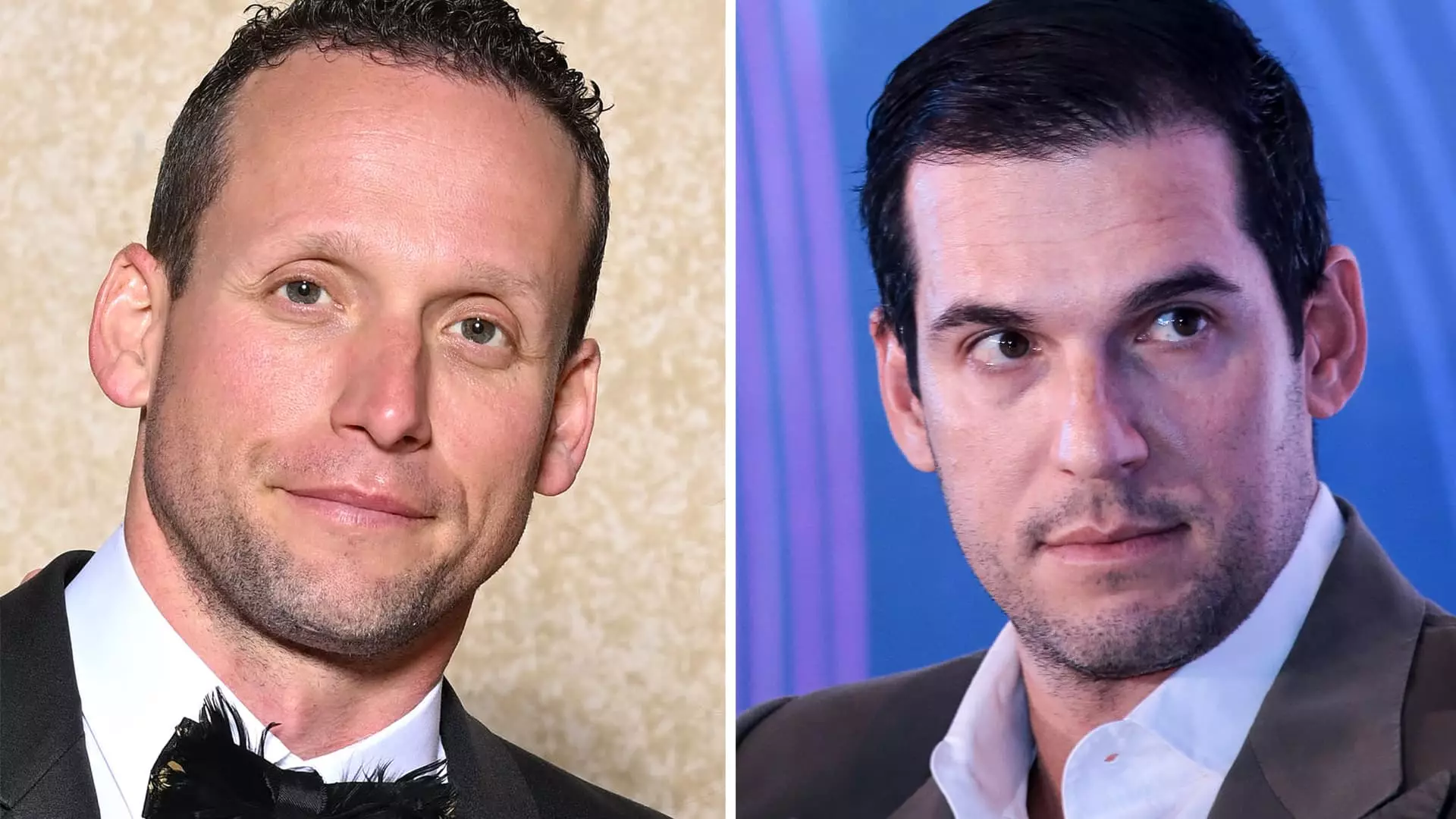The shocking allegations against Tal, Oren, and Alon Alexander, prominent figures in Manhattan’s luxury real estate sector, have unveiled the dark underbelly of a seemingly glamorous world. Federal prosecutors in New York have accused the brothers of orchestrating a systematic campaign of drugging and sexually assaulting numerous women over the span of more than a decade. The recently announced unsealed indictment presents a chilling account that not only implicates the trio in heinous acts but also raises serious questions about the societal structures that allowed such behavior to persist unchallenged for so long.
The Nature of the Allegations
The indictment alleges that the Alexander brothers leveraged their affluence and influence to lure women into compromising situations, often drawing on promises of luxury travel and exclusive events. This strategy, described by U.S. Attorney Damian Williams, was not merely opportunistic; it was premeditated and coordinated. The indictment reveals how the brothers allegedly “worked together and with others” to perpetuate an expansive sex trafficking scheme that has reportedly spanned over 20 years, tracing back to their high school days.
Moreover, the methods employed by the brothers to carry out these assaults involved the use of illicit substances, including drugs considered as date-rape drugs, to incapacitate their victims. The allegations detail a series of reprehensible actions, including the specific act of secretly drugging women’s drinks, thereby significantly undermining their ability to consent. This systematic approach raises alarming ethical questions regarding power dynamics and exploitation, especially in elite social circles.
The legal ramifications of these allegations are profound. With the brothers facing multiple counts of sex trafficking, including charges of conspiracy and sexual assault linked to physical force, the potential prison sentences range from 15 years to life. Furthermore, the recent pressing of separate sexual battery charges in Florida against Oren and Alon only adds layers of complicity, suggesting a broader pattern of abuse.
This case underscores the critical role that law enforcement and judicial officials play in safeguarding victims’ rights and pursuing justice. Williams’s declaration that they are continuing their investigation and encouraging other potential victims to step forward reflects a commitment to uncovering the full extent of these alleged crimes. The assertion of the brothers posing “an ongoing and significant danger to the community” adds urgency to their detention without bail, indicating not only the gravity of the situation but also the potential for further victims if they were to remain at large.
Response from Victims and Advocacy Groups
The public reaction to these allegations has been one of outrage and disbelief. Advocates for survivors of sexual assault have amplified calls for accountability, emphasizing their intent to uphold the dignity of victims who have suffered in silence for too long. Attorney David Gottlieb, representing some of the women involved, applauded those who dared to come forward about their experiences. His statement reflects a broader movement advocating for systemic changes to combat sexual violence, particularly against those in power who abuse their positions.
As the case unfolds, it is essential for legal professionals and advocacy groups to create an environment that encourages victims to seek justice without fear of retribution or disbelief. The realities faced by many survivors—shame, fear of social ostracism, and the complexities of navigating a legal system that may not always prioritize their voices—must be addressed comprehensively.
At its core, the Alexander brothers’ case shines a spotlight on the ongoing issues of power dynamics and consent. Many questions emerge: How could individuals in such prominent positions orchestrate these acts of violence over such an extended period? What societal complicity allowed their predatory behavior to go unchecked? This case is not solely about the actions of three men; it is a reflection of systemic issues ingrained in society that allow predators to exploit others without fear of accountability.
As we await further legal developments, it is crucial to advocate for meaningful reforms in how sexual assault cases are handled and ensure that the voices of the victims become integral to the process of bringing perpetrators to justice. This case serves as a stark reminder of the fragility of consent and the need for a collective societal commitment towards safeguarding the rights and dignity of all individuals. The Alexander brothers’ insinuation into the luxury lifestyle must serve as a catalyst for change, compelling society to recognize and eradicate the predatory behaviors masked by influence and affluence.

